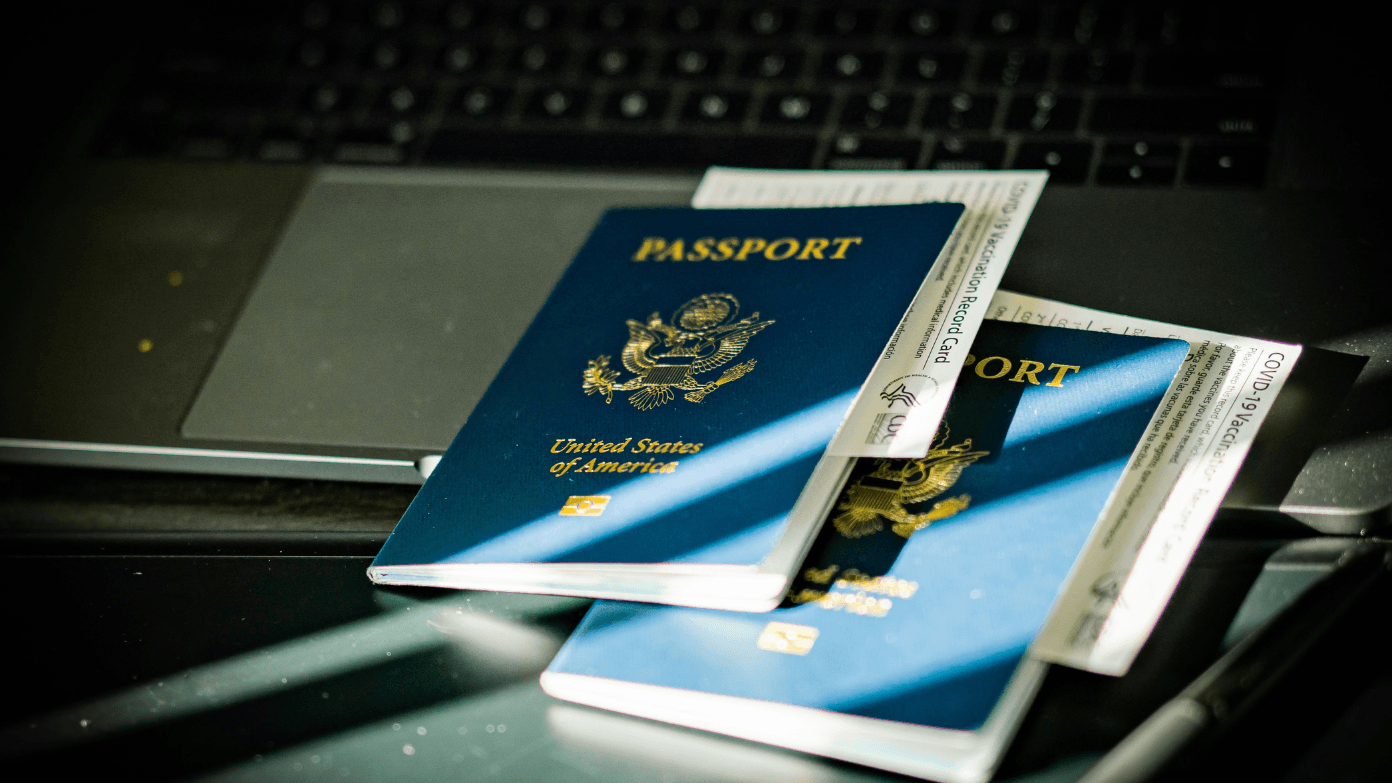The Employment Authorization Document (EAD), also known as a work permit, permits foreign nationals to work within the United States legally when a visa does not automatically grant them work authorization. The document also acts as legitimate proof for employers that a worker is permitted to work in the U.S. legally. It is essential for those who would like to undertake available work possibilities while visiting the United States with a non-work visa to understand who qualifies for an EAD.
Eligible nonimmigrant visa holders to get an EAD
Some types of nonimmigrant visa holders are eligible to get an EAD:
- Students on F-1 visas: F-1 students who successfully complete an academic year can seek an EAD on certain grounds such as extreme economic hardship, OPT, or CPT. Students seeking the EAD under economic hardship must present evidence that employment will not disrupt their studies and that they are pursuing a full course of study. Such students must also show that the employment will enable them to alleviate their economic hardships.
- Dependants of work visa holders: Spouses and children of some work visa holders are also eligible for EADs. For example, spouses of H-1B visa holders (on H-4 visas) whose spouses are applying for employment-based permanent residence can obtain work authorization. The Department of Homeland Security has made the automatic extension period for renewals of work permits permanent for H-4 and L-2 visa holders from 180 days to 540 days.
- Those in compelling circumstances: The USCIS provides EADs to foreign nationals under extreme circumstances as an emergency measure in circumstances of dire necessity where the authorization to work can be disrupted. It provides permitted stay and authorization to work but not immigration status. For those under this class, further action such as departure from the U.S. is required to re-establish valid immigration status or in making an application for adjustment of status.
Humanitarian-based EAD eligibility
Most foreign nationals are eligible for an EAD on humanitarian grounds:
- Refugees and asylum seekers: Individuals who have applied for asylum or been admitted as refugees are eligible to apply for authorization to work. Asylum applicants can generally file for an EAD pending the application, hence allowing them to earn a livelihood while waiting.
- Temporary protected status recipients: Foreign nationals of countries that have been made eligible for Temporary Protected Status because of situations such as armed conflict or natural disasters may apply for work authorization while in the United States temporarily.
Family-based immigration and EADs
Some family-based immigration categories permit EAD applications:
- Pending green card applicants: Foreign nationals with family-based green card petitions pending (Form I-485) are also eligible to apply for work authorization during the pendency of their petition. According to the USCIS, if you are eligible to receive a family-based green card, then you are also eligible to receive a work permit provided that you have a pending petition.
- Fiancé(e)s of U.S. citizens: Individuals in the United States on a K-1 fiancé(e) visa can request work authorization when arriving in the U.S. and pending adjustment of status after marrying their U.S. citizen petitioner.
Application process and documentation
Foreign nationals eligible for an EAD must send Form I-765 (Application for Employment Authorization), read the instructions, and pay the fee. The documents usually required are:
- Copy of I-94 travel record
- Copy of U.S. visa and passport photo page
- Copies of previous work permits (where applicable)
- Two passport photos
- Other supporting evidence applicable to category of eligibility
Depending on the immigration category, the EAD work permit will last for 1 or 2 years. USCIS will send the EAD by mail or allow in-person pick up from a USCIS office if it’s approved. The EAD card itself is just like a driver’s license and may be utilized as official proof of authorization to work by potential employers.
The Employment Authorization Document is an important gateway by which numerous categories of foreign nationals are able to obtain the legal right to work in the United States. Whether you are a student, visa holder dependent, asylum seeker, or family-based immigration petitioner, knowing whether you are eligible for an EAD can be a significant factor in your ability to pursue work opportunities while in the United States.

